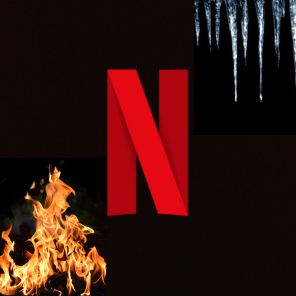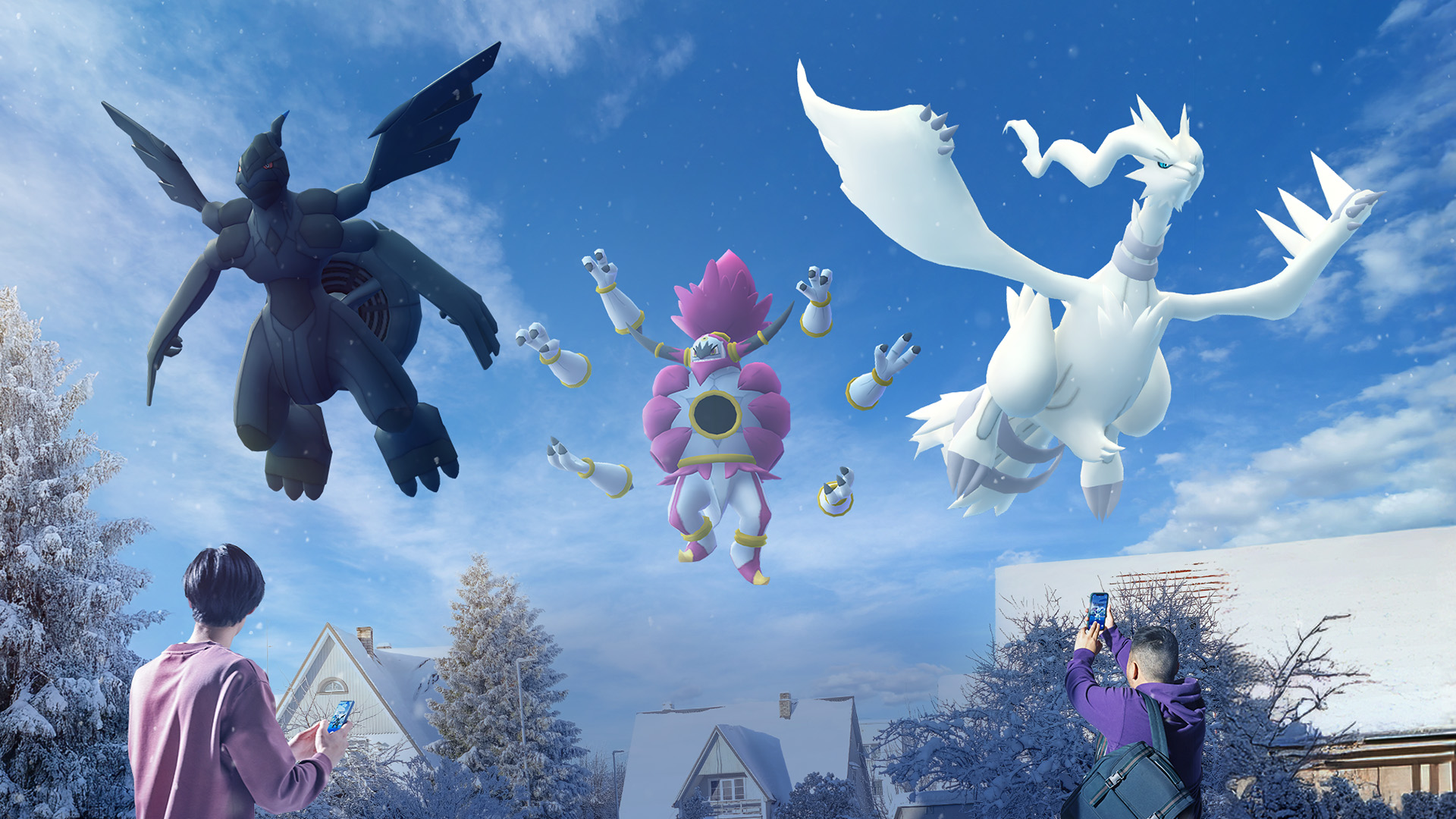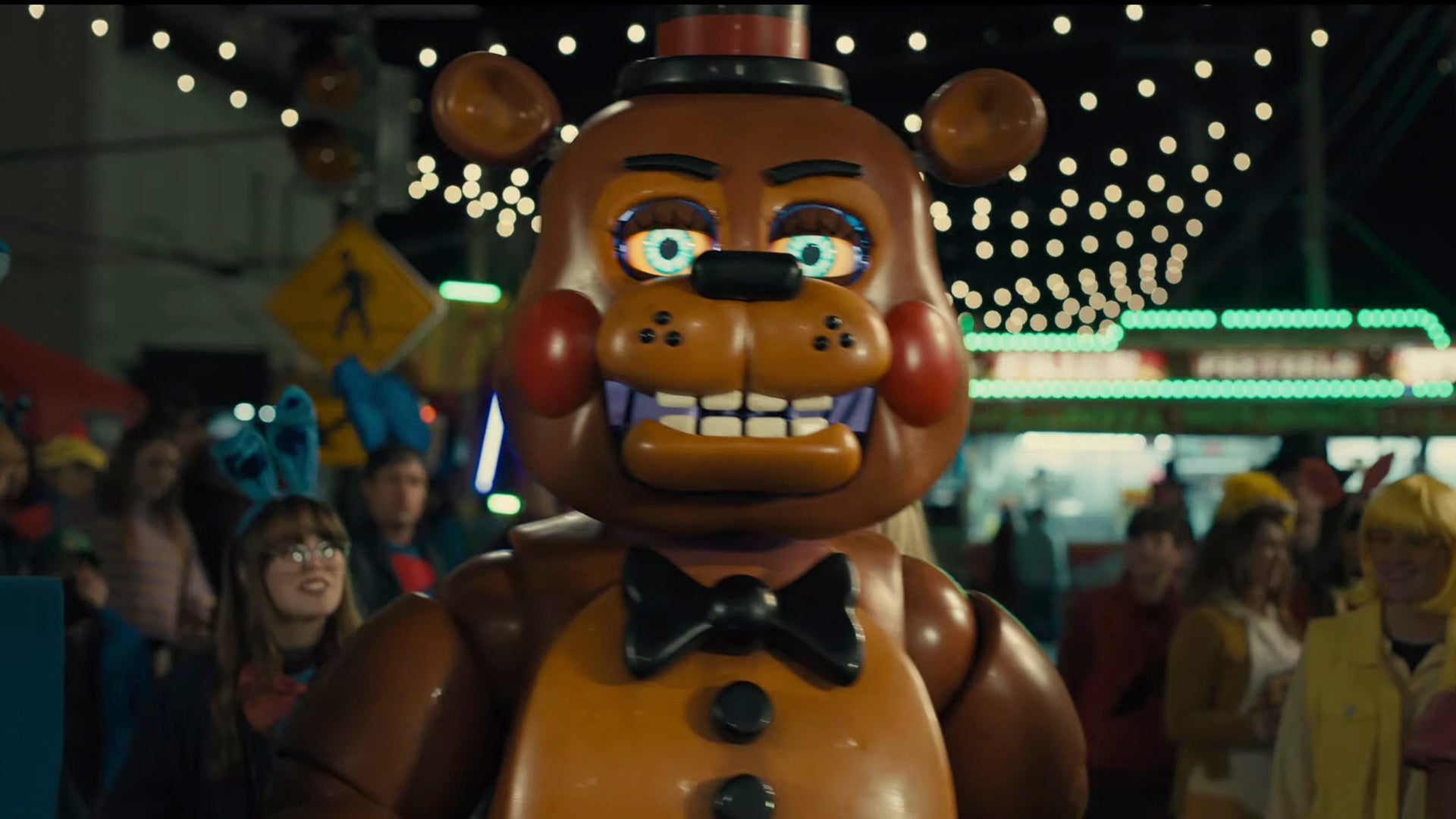
Streaming Wars is a weekly opinion column by IGN’s Streaming Editor, Amelia Emberwing. Check out the last entry Mythic Quest Just Changed Its Series Finale and Now You Can't Even Watch the Original Version
Despite Yoda’s advice (“Only Siths yadda yadda…”), media commentary has become a culture of absolutes. It’s common that people insist a film, show or game is always the best or worst ever, when the reality is that the vast majority of art is just OK (and, perhaps more importantly, it’s OK that most art is just OK). It’s that acknowledgement that makes Netflix CEO Ted Sarandos’ commentary on whether or not he believed Netflix was killing Hollywood all the more funny. His response to the question was a very simple “no, we’re saving Hollywood,” followed by an interesting tidbit about theaters.
I’m going to give you a moment to pause and take that quote in before I get rolling because phew… much to unpack here. (And yeah, we're gonna get to the theater shenanigans in a bit.)
Let’s set aside the fact that it was a silly question to begin with. Sarandos was never going to agree that he was killing his own industry. The best that you can hope for is the “maybe the industry needs breaking,” that so many self-labeled “disruptors” such as Netflix, Uber and AirBnB like to lean into. The overused and often trite sentiment of “move fast and break things” would have ultimately been closer to the truth than either the question presented or the answer given, because there are certainly plenty of things about Hollywood that need fixin’. But Netflix isn’t the sole problem and it could not be further from the solution.
Right now, Netflix has two key problems: competition and ego. So much of Netflix’s strategy still operates as if they are the only streamer in town, something that hasn’t been true for years at this point. Once they started competing with streaming originals from studios with more experience in creating original works, their name started coming up less and less in conversation. They’ve succeeded from time to time with savvy acquisitions like Cobra Kai and the Fear Street trilogy, and for a time had a remarkable original series output that included heavy-hitters like Ozark, Narcos, Orange Is the New Black, Mindhunter and more. But the last remaining vestiges of that heyday — shows like Stranger Things and Bridgerton — are right on the cusp of ending or far enough into their runs that it’s well past time that Netflix should be sweating about their next move. That’s the competition part covered, but the ego aspect of it goes hand in hand.
With so many players in the streaming landscape, most of which are lapping Netflix on series quality (with a few noteworthy exceptions like the first seasons of Squid Game and The Sandman), the way for Netflix to return to being a meaningful service for its customer base is also the very last thing it’s ever going to do. It needs to scale back its original production significantly (and get smarter about its spend on the films and shows that it does move forward with) and go back to being the primary destination to watch films missed in theater and shows for folks who broke up with cable. Why is that never going to happen? About 30% business acumen and 70% hubris.
The legitimate concern of going back to its roots and returning to being the premier watch-from-home destination for cord cutters and folks who missed movies in theater is that you never want your business model to be reliant on someone else’s. Of course, there’s less risk to that when your business model is reliant on an entire industry vs. one or two companies. Still, it’s a risk. But that whole ego thing takes us back to Sarandos’ follow-up comment to his “hollywood saving” nonsense.
“I believe it is an outmoded idea, for most people — not for everybody,” Sarandos said of the theatrical experience after admitting that he himself quite enjoyed going.
There’s an ocean-sized can of worms to be opened with this statement alone, but for the sake of this column I’m going to boil it down to two truths that exist in tandem: movie theaters are too damn expensive, making it difficult for the average American to enjoy theatrical releases in the way we used to, and people still love going to the movies.
The theatrical experience isn’t an outmoded (which means unfashionable or unusable for those who don’t speak old rich guy) idea. It’s just an un-economic one when the federal minimum wage remains at $7.25 and the average movie ticket is $11.31. Theaters large and small alike have tried to find ways around this problem in the post-quarantine era to varying degrees of success, but the model still needs a drastic shift if it’s going to survive. Meanwhile, Netflix has raised prices consistently since 2014 when its service has actively gotten worse according to 1 out of 4 users. Movie theaters aren’t a perfect experience currently either, with so many people treating them like their personal living rooms, but there’s a glass house aspect to be had there when no matter which industry or corporation is on top, it’s the average American that continues to lose out.
Streaming’s existential threat to the theatrical experience may not rest solely on Netflix’s shoulders, but if Netflix was “a very consumer-focused company” that “deliver[s] the program to you in a way you want to watch it,” as Sarandos said at the event, it would be thinking of their customers rather than their algorithms, constant price hikes, and consistently lighting money on fire to make borderline unwatchable nonsense like The Electric State, Red Notice, Rebel Moon and The Gray Man (even if I have been laughing about Chris Evans’ delivery of “I was shot in the ass, Susanne!” since 2022).















